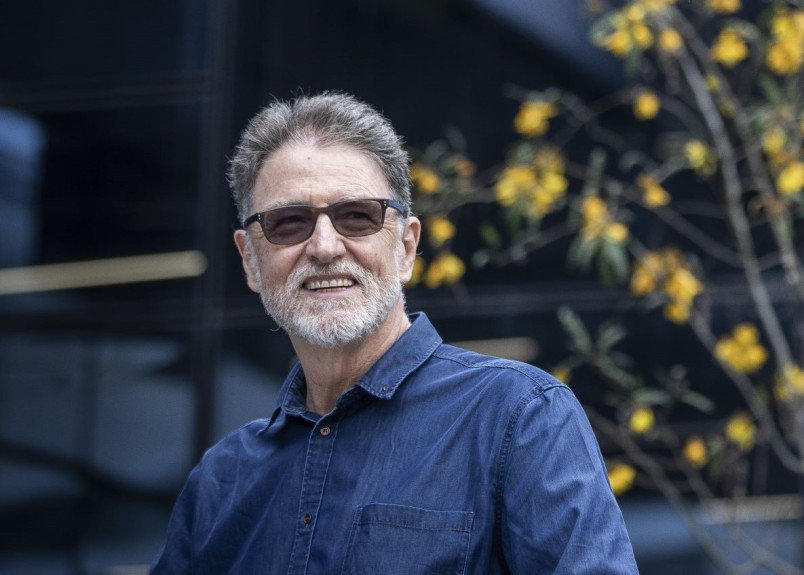
Ralph has worked on climate change mitigation since 1988, in the context of cities, transport, housing and urban planning. He has also worked on environmental management and economics. He stepped down in 2021 as Director of Environmental Studies at Victoria University of Wellington after 16 years. His current projects include the carbon footprint of public housing and how to transition our cities to zero carbon.
Ralph's recent research includes:
- The Public Housing and Urban Regeneration research programme, addressing the outcomes of public housing provision for urban regeneration and wellbeing, funded by MBIE’s Endeavour Fund.
- A research commission from the OECD on transitioning cities to zero carbon.
The ACTIVE project addressing the impact of investment in walking and cycling infrastructure on encouraging active travel, and reducing car use (papers include a cost-benefit study; and a paper on overall intervention study results).
Google Scholar: https://scholar.google.com/citations?user=Isjj4lIAAAAJ&hl=en